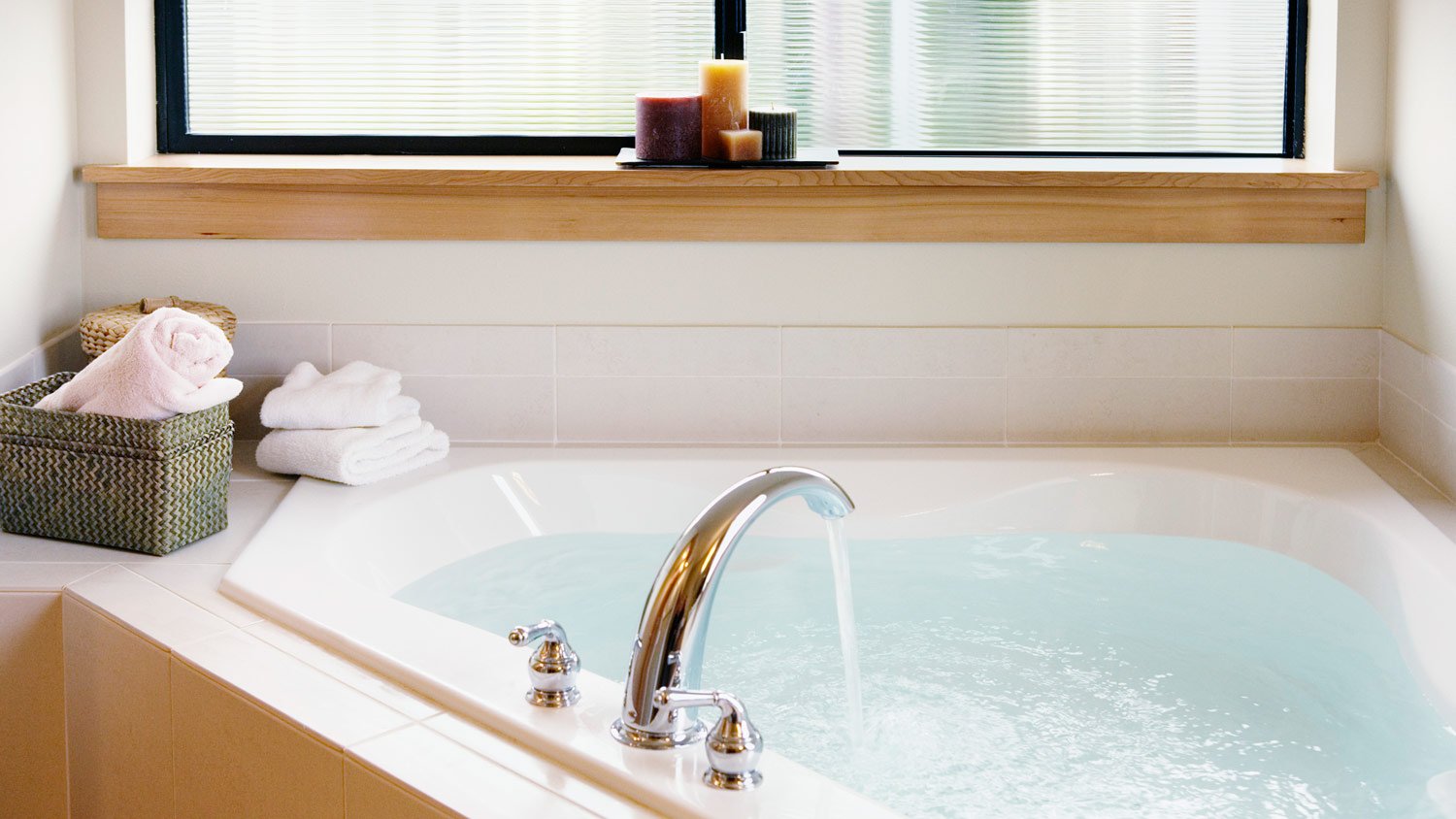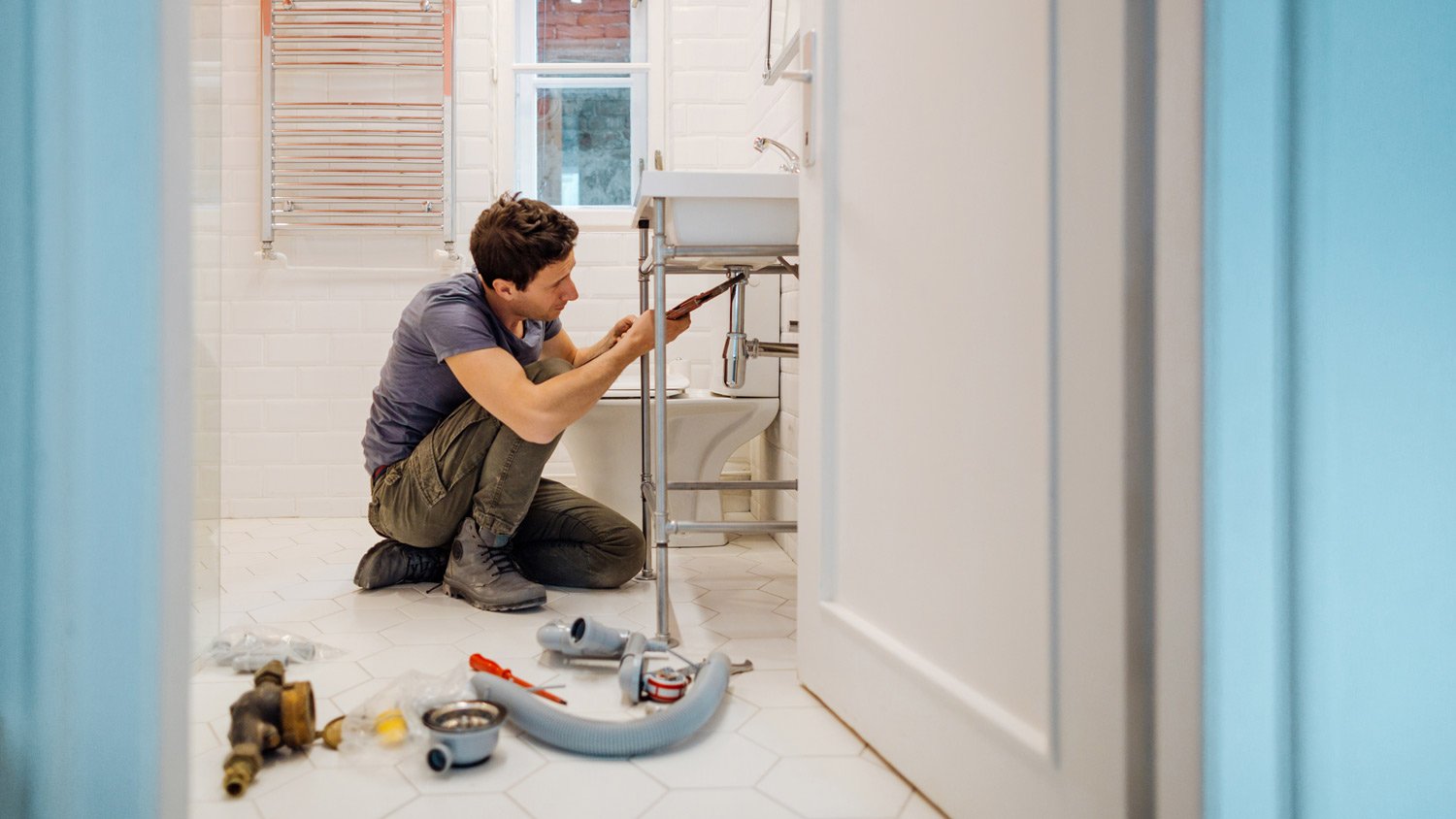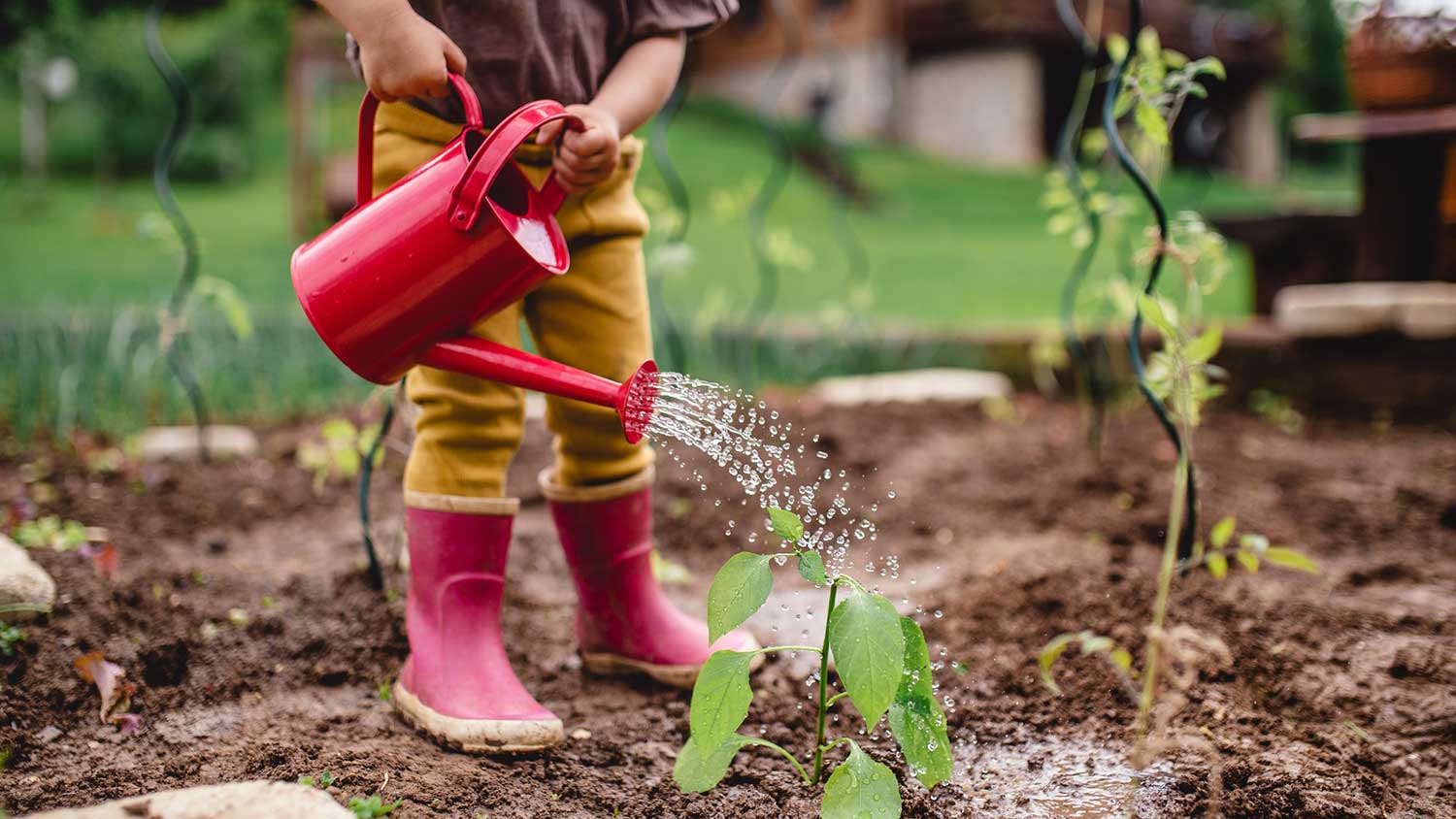
Wondering how much shower valve replacement costs? The answer depends on type, labor, and materials—but foresight and research can save you some money.
Plumbing emergencies can be expensive problems to have if you don't act quickly


Clogged toilets are terrible. Sewage backing up into your bathtub? Even worse. As a homeowner, you will likely face some type of plumbing emergency at some point. Here are a few pointers to help you identify the problem, figure out what to do, and prevent more damage to your home.
First things first: shut off the water. This will hopefully prevent any further damage. Even a seemingly small leak can cause thousands of dollars’ worth of structural damage to your home, so you want to cut off the water supply as soon as possible.
If you have a leaking toilet or faucet, turn off the water going directly to that fixture. If you can’t locate the valve or if the water flow doesn’t stop, the next step is to turn off the water supply to your home. The water shutoff valve should be close to your water meter, and you should locate that as soon as you move into a new home.
Once you’ve shut off the water, identify the plumbing emergency’s origins. Look for moisture or water damage, mold, bubbling or peeling paint, or warped flooring. A damp, musty smell can also indicate a problem, so use all your senses to find the issue. If you can, try to assess the extent of the damage before you place a call to your emergency plumber.
In a minor emergency, turning off the water heater may not be necessary. However, if you have a major emergency or if you are unsure of how severe the situation is, turning off your water heater will prevent damage to the appliance. Water heaters can burst or overheat if the water is shut off and the heater is still running. If your water heater is gas-powered, turn off the gas first.

After you shut off the water and water heater, open your drains and spigots to allow any water still in the pipes to flush out. Make sure you don’t forget the outdoor faucets and hoses.
You may not be responsible for the repair if there’s a problem with the sewer main, a blocked sewer, or the main water line. Contact the water company to see if they will send a plumber to investigate before hiring one on your own.
If you’ve gone through all the steps above and have determined that you cannot fix the leak yourself, it’s time to call in an emergency plumber. A good rule of thumb is to contact three plumbers, give them as much information about the problem and how you’ve tried to fix it (if you’ve tried), and see how much they charge for a service call. Some plumbers won’t give quotes without seeing the problem, but they may give you a ballpark figure based on your description.
Many plumbing emergencies require professional intervention, but there are a few things you can keep handy. These items may help in the event of a plumbing problem:
5-gallon bucket
Duct tape
Adjustable wrench
Plunger
Heavy-duty rags
Slip joint pliers
Allen keys
Screwdrivers

Some plumbing emergencies simply can’t be avoided, but there are things you can do to decrease your likelihood of having one. Follow these rules and you’ll have fewer plumbing headaches to deal with.
Don’t flush “flushable” wipes
Don’t pour grease, oils, or fats down your drains
Don’t clean drains with harsh chemicals
Don’t use drop-in toilet bowl cleaners
Do use your garbage disposal only for smaller items
Do drain your water heater annually to remove sediment buildup
Do know the location of your water shutoff
From average costs to expert advice, get all the answers you need to get your job done.

Wondering how much shower valve replacement costs? The answer depends on type, labor, and materials—but foresight and research can save you some money.

Wondering how much it costs to reroute plumbing? We have the information you need to learn about plumbing vent pipes and cost considerations when installing them.

Here's a look at how much you can expect to pay to replumb your mobile home with new pipes that meet all local code requirements and environmental regulations.

Severe winter weather causes well water pipes to freeze, obstructing water flow and leading to pipe bursts. Here’s what to do if your well water is frozen.

Learn how to cut PVC pipe with ease and efficiency. Our guide will show you how to tackle your PVC pipe project like a pro.

Discover grey water system cost details to learn about installation, maintenance, and ways to save on your home’s grey water system.